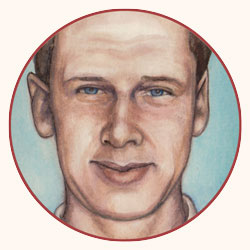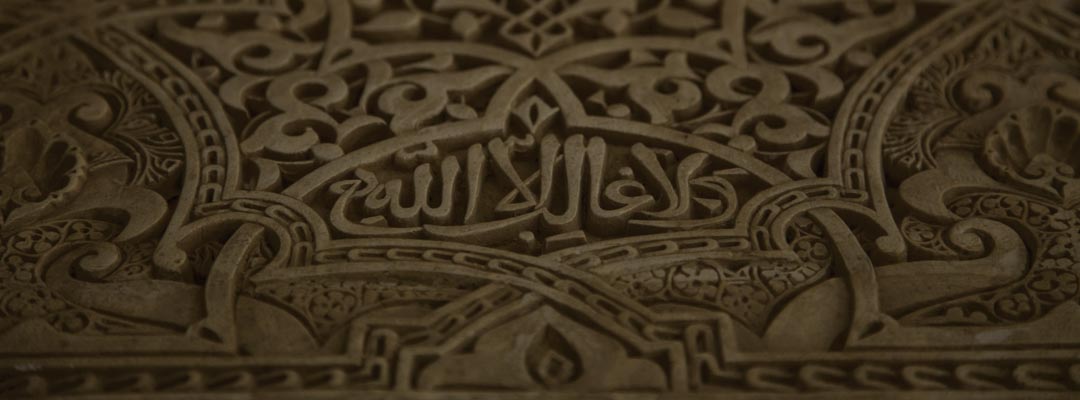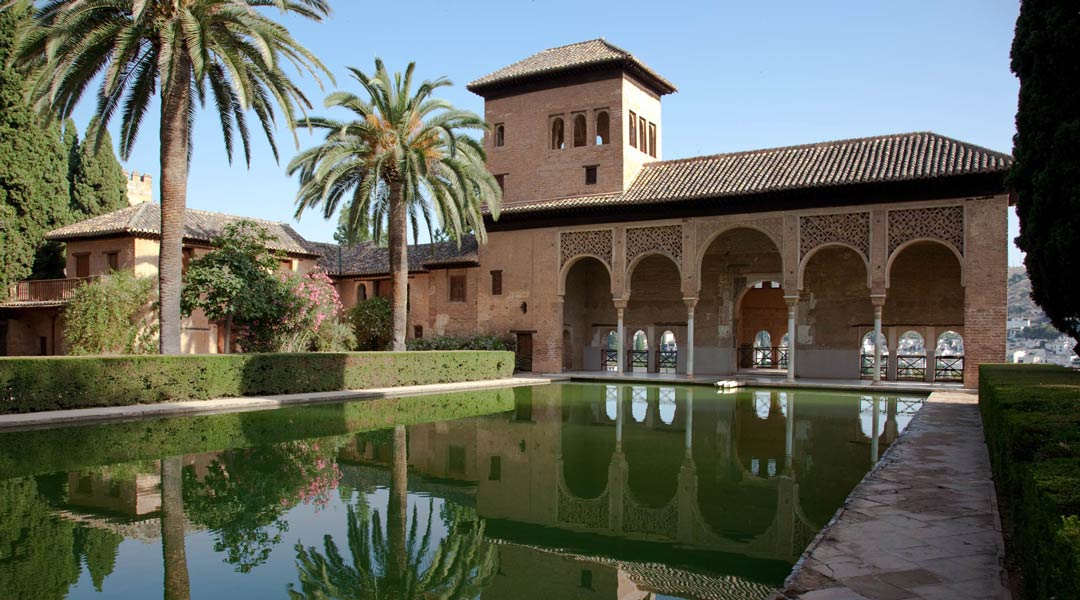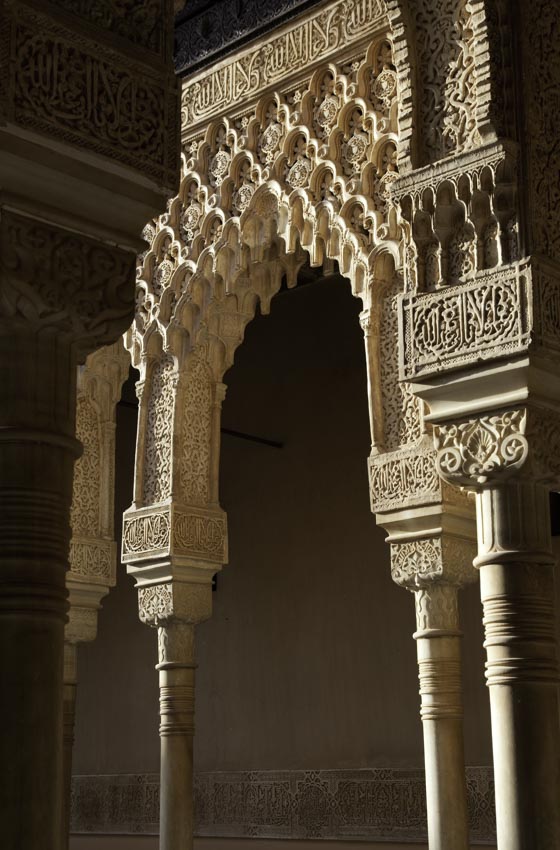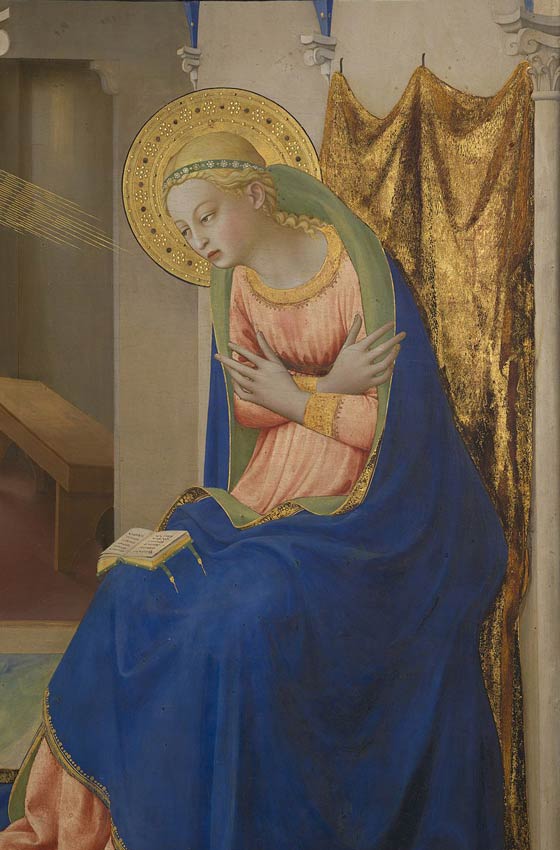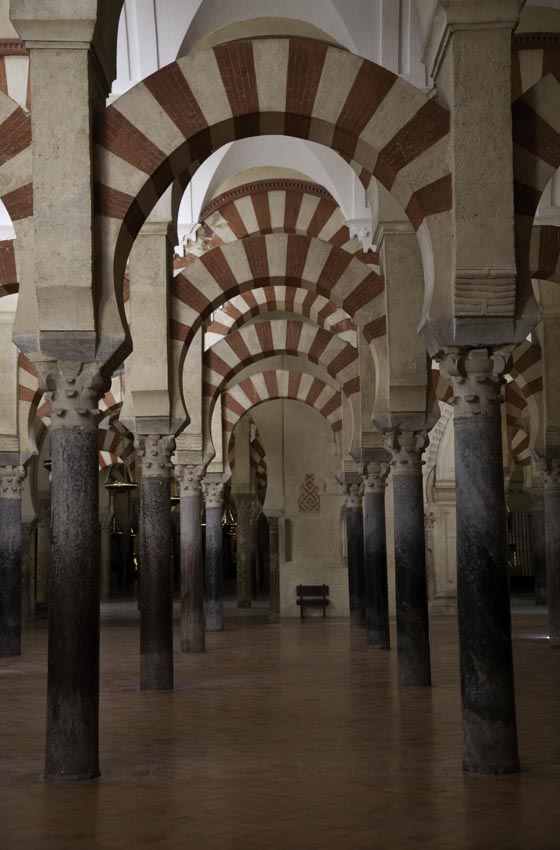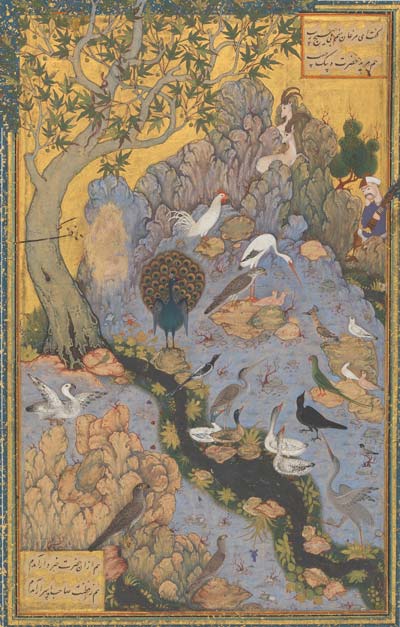BePeriod Gathering in Spain
28 March – 3 April 2022
BePeriod is inviting its members to an international gathering in Spain. The event will begin and end in Madrid. From there, we will travel to Granada and Córdoba. We will focus our visit on the Christian and Islamic cultures that thrived at different times in the Iberian Peninsula, taking advantage of the well-preserved Islamic art and architecture in Southern Spain to open a door into the world of Sufism. Read more about some of the highlights below.
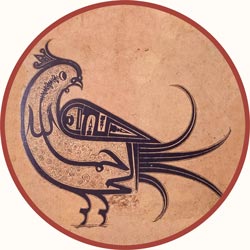
Sufi Saying
Granada
Alhambra Palace
Islam forbade the depiction of human likenesses. Its artists were forced to restrict their expressions to geometry and calligraphy, and brought these mediums to a remarkable height in the palace and fortress complex of Alhambra. Here we will walk through halls of columns, arches, beautified by lattice and calligraphy of the finest level. At its heart, Alhambra’s Court of the Lions is an ambitious attempt to execute the Garden of Paradise on earth. We will examine the structure of this inner courtyard, the esoteric principles it aspires to embody, and their inner meaning.
The word Paradise is of Old Iranian origin and literally means a walled enclosure. To keep nature from growing chaotically, a gardener (or farmer) must enclose his crops within walls. Then, inside, he can bend nature to suit his higher aims. Consequently, the image of a walled garden brings us back to the Labors of the Month, offering a refreshing view at this teaching’s methods and aims.
Inner Garden | Alhambra Palace
You must remember God in the midst of those who are heedless of God in such a way that they are not aware of you.
Ibn Arabi
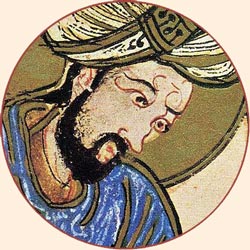
Detail from The Annunciation by Fra Angelico | Prado Museum
Madrid
Museo del Prado
The Museo del Prado is the main Spanish national art museum. It houses an extensive collection of paintings relevant to our teaching by Fra Angelico, Van Eyck, Bosch, Durer, and Rembrandt, to name a few. We will tour this museum and study a selection of these paintings, taking unique advantage to witness physically some of the works we know so well from our digital workshops.
Fra Angelico’s Annunciation
One painting we periodically feature is Fra Angelico’s Annunciation. Mary represents the receptive heart able to conceive by a higher power, the way a leaf transforms solar energy into cellular matter. Angelico’s renditions of Mary are useful studies on how the heart may achieve this miracle. The facial expression, posture, and action all instruct how to bring our emotional centers to the point of receptivity needed to connect with higher centers. In this painting, we will again witness the walled garden (or ‘Paradise’) and its role in inner transformation.
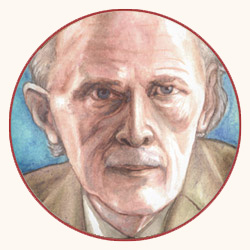
John Godolphine Bennett
Córdoba
Great Mosque of Córdoba
Each tradition has its own particular house of worship, which teaches a lot about how that tradition functions. The Great Mosque of Córdoba will afford us the opportunity of exploring a relatively early mosque and studying some of the fundamentals of Islam. Here, again, we will see a walled garden, repeating the theme of ‘Paradise’ threaded throughout our visit.
Every mosque has a niche in one of its walls that designates the direction of prayer, called a mihrab. The mihrab indicates the location of the Kaaba in Mecca. Thus, the Muslim is commanded to first turn to the Kaaba before beginning to pray. A wrongly-oriented prayer is useless, just like an aimless effort is worthless. This religious practice originally had an inner meaning known to the Sufis. “The meaning of turning your face towards the Kaaba,” explained Al-Ghzali, “is to turn your mind towards God after taking it off from all directions and thoughts.” Likewise, Ibn Arabi confirmed: “The heart of the believer is the real Kaaba.”
Mosque | Cordoba
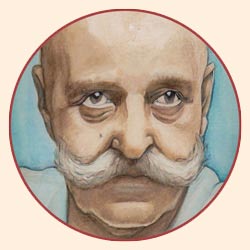
Scene from The Conference of the Birds | Persian miniature
Theater
Conference of the Birds
The myths we study were almost always originally performed. Performance forces the knowledge on all centers because it combines text, movement, and emotion. In this spirit, we will perform excerpts from a new version of The Conference of the Birds by Attar of Nishapur, in which the journey to God-realization is portrayed as a pilgrimage of birds traveling towards a godlike phoenix. The journey is fraught with difficulty. Most find excuses to quit; only few birds reach the journey’s end.
Throughout the gathering, our evenings and nights will be spent in rehearsal. The endeavor of staging this play will put us under creative pressure and make our exploration of Sufism more relevant, intimate, and memorable. And who knows; if we are lucky, we might find a walled garden in which to perform our play on the last evening of our event.
